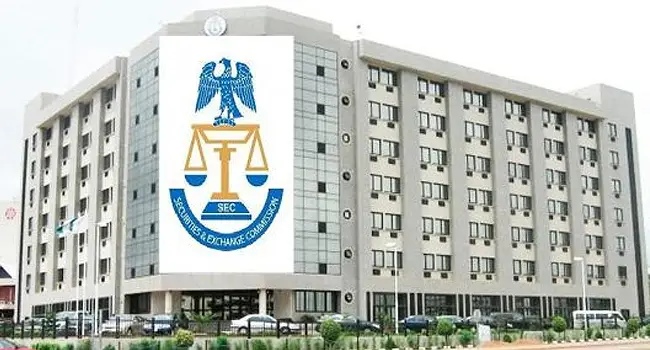Nigeria is raising the alarm over rising crypto-related crimes in West Africa, warning that weak and uncoordinated regulations are putting the region at risk.
The country’s Securities and Exchange Commission (SEC) says it has tracked around $2.1 billion in illicit crypto transactions across West Africa in 2024, with concerns that criminal networks, including terror financiers, are using digital assets.
Speaking at the West Africa Compliance Summit in Cape Verde, which was held from July 28 to 31, SEC Director-General Dr. Emomotimi Agama noted the need for stronger regional cooperation and better intelligence sharing to tackle the growing threat.
West Africa’s rapid crypto growth brings risk and opportunity
The summit, organised by the Inter-Governmental Action Group against Money Laundering in West Africa (GIABA), drew over 200 representatives, including regulators, security experts, and compliance professionals, to tackle emerging threats in the digital finance ecosystem.
Dr. Agama acknowledged the region’s rapid digital transformation, driven by its young, tech-savvy population and growing dissatisfaction with traditional financial services.
“With over 60 percent of West Africa’s population under the age of 25 and mobile-first fintech platforms thriving, the region has become a global hotspot for virtual asset adoption,” he said.
He further revealed that crypto transactions in Nigeria alone exceeded $56 billion in 2024.
This growing trend of crypto-dollarisation has seen individuals and businesses increasingly using stablecoins like USDT and USDC to hedge against depreciating local currencies and navigate cross-border trade.
“The naira’s depreciation, Ghana’s cedi weakness, and persistent forex shortages have fueled this shift,” Agama said, noting that young professionals now demand salaries in digital currencies while firms embrace tools like Binance Pay.
SEC pushes for unified ECOWAS crypto regulation
In response, the commission has increased its efforts to close regulatory gaps and build market resilience. The Investment and Securities Act 2025, signed by President Bola Ahmed Tinubu, officially recognises virtual assets, including cryptocurrencies, NFTs, and stablecoins, as securities.
“Under the new law, all exchanges, wallets, and DeFi platforms must be licensed by the SEC,” Dr. Agama said. “We’ve also established a Fintech and Innovation Department to facilitate ongoing dialogue with industry stakeholders and adapt our regulations to emerging realities.”
But beyond Nigeria’s borders, Agama stressed the need for regional action. “A crypto trader banned in Nigeria should not find safe haven in Ghana,” he warned.
“Financial crime knows no borders. Our collective future depends on our ability to secure this emerging financial frontier.”
To this end, he proposed creating a Unified Virtual Asset Service Provider (VASP) Licensing System under the ECOWAS framework. Such a system, he said, would prevent regulatory arbitrage, ensure shared accountability, and bolster the region’s defences against illicit flows.

















